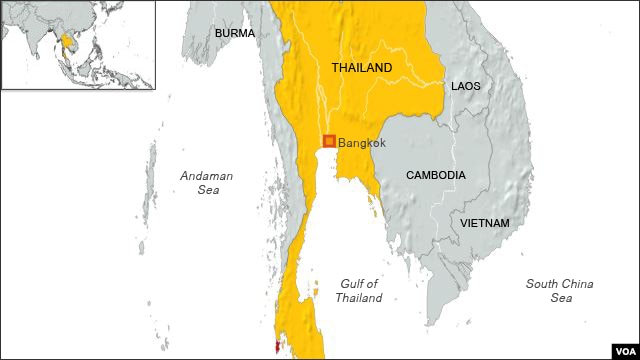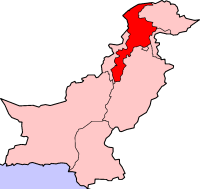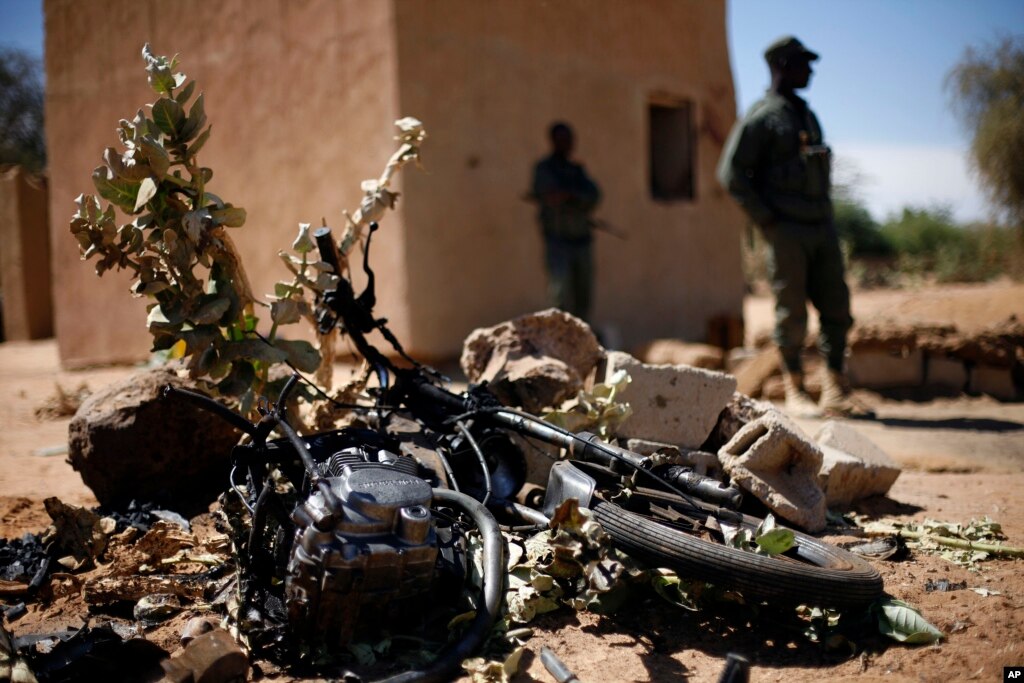 |
| map by Evan Centanni (www.polgeonow.com) |
The Malian troops in Gao were fortifying checkpoints with sandbags and heavy machine guns and patrolling the city in heavy rotation, as the Friday suicide blast raised new concerns about the insurgence in the West African country.
On Friday, a young Tuareg man riding a motorcycle detonated an explosive belt at the checkpoint, killing only himself and wounding a soldier, according to reports.
The Movement for Oneness and Jihad in West Africa (MUJAO) claimed responsibility for the attack against the Malian soldiers "who chose the side of the miscreants, the enemies of Islam," the reports said.
The MUJAO as well as other rebel groups took advantage of a military coup in the distant capital Bamako on March 22, 2012 to sweep through northern Mali.
Fears of suicide bombing attacks have been high since the discovery of industrial-strength explosives in Gao earlier this week.
UN Secretary General Ban Ki-moon warned on Thursday that the armed groups and terrorist elements in Mali that fled amid French troops' offensive might come back and stage reprisal attacks, although the French operations there so far have been effective and successful.
France intervened in its former colony on Jan. 11, after the Islamic militants began pushing south, raising alarm that they were inching closer toward the capital.
Moreover, a gunfight in Bamako between rival factions of the Malian army on Friday exposed the weakness and division of Mali's military.
Government troops exchanged fire with paratroopers loyal to former President Amadou Toumani Toure, who was ousted in the March 2012 coup, as they fired into the air to protest an order deploying them elsewhere.
Two people were killed and 13 others injured in the confrontation at the 33rd camp of the Djicoroni paratroopers brigade, who are commonly known as the red berets, the government said in a statement.
The government "deplored the death of two adolescents and the injuring of 13 other people" during an attack against the paratroopers' camp by green berets and the police who wanted to push the red berets out of the camp, it said.
Interim President Dioncounda Traore condemned the clashes, calling for a "definitive end" to the internecine fighting.
"I am deeply saddened by the clashes within the Malian army," Traore said on state-run television.
The arrival of the first European Union (EU) contingent, comprising 70 military instructors, came as a boost to the Malian army.
Its head, Colonel Bruno Heluin, told the press in Bamako that the mission will assist in "reforming Mali's army so that it is able to safeguard the country's national territory and respond rapidly when called upon."
The EU decided to dispatch hundreds of trainers to reinforce the capacity of the Malian army, following a request for support by the country's senior military officials, who wanted their soldiers to be well trained and equipped to fight rebel groups in northern Mali.
Mali has been unstable since Toure was ousted on March 22, 2012.
In December 2012, then Prime Minister of the transitional government Cheick Modibo Diarra announced resignation and dissolved the cabinet after being arrested by troops supportive of ex-coup leader Amadou Sanogo.
Northern rebels continued its southward push in January 2013, briefly taking the key town of Konna in central Mali and threatening the Bamako-based government of transition, which is recognized by the international community.
The Malian army launched counter-offensives with the backing of other African countries and France, the former colonial ruler of Mali.
The rebels have retreated in disarray since the French military intervention, with the Malian government taking back the northern towns of Gao, Timbuktu and Kidal.
Although Mali's transitional President Dioncounda Traore has announced that elections are scheduled for July 31 to end the crisis, analysts see uphill challenges ahead to restore territorial integrity and constitutional rule in the aftermath of the coup and rebellions.
from XINHUA
by Editor: Bi Mingxin
2013-02-10 12:20:43


















 Washington Time
Washington Time Kabul Time
Kabul Time London Time
London Time







